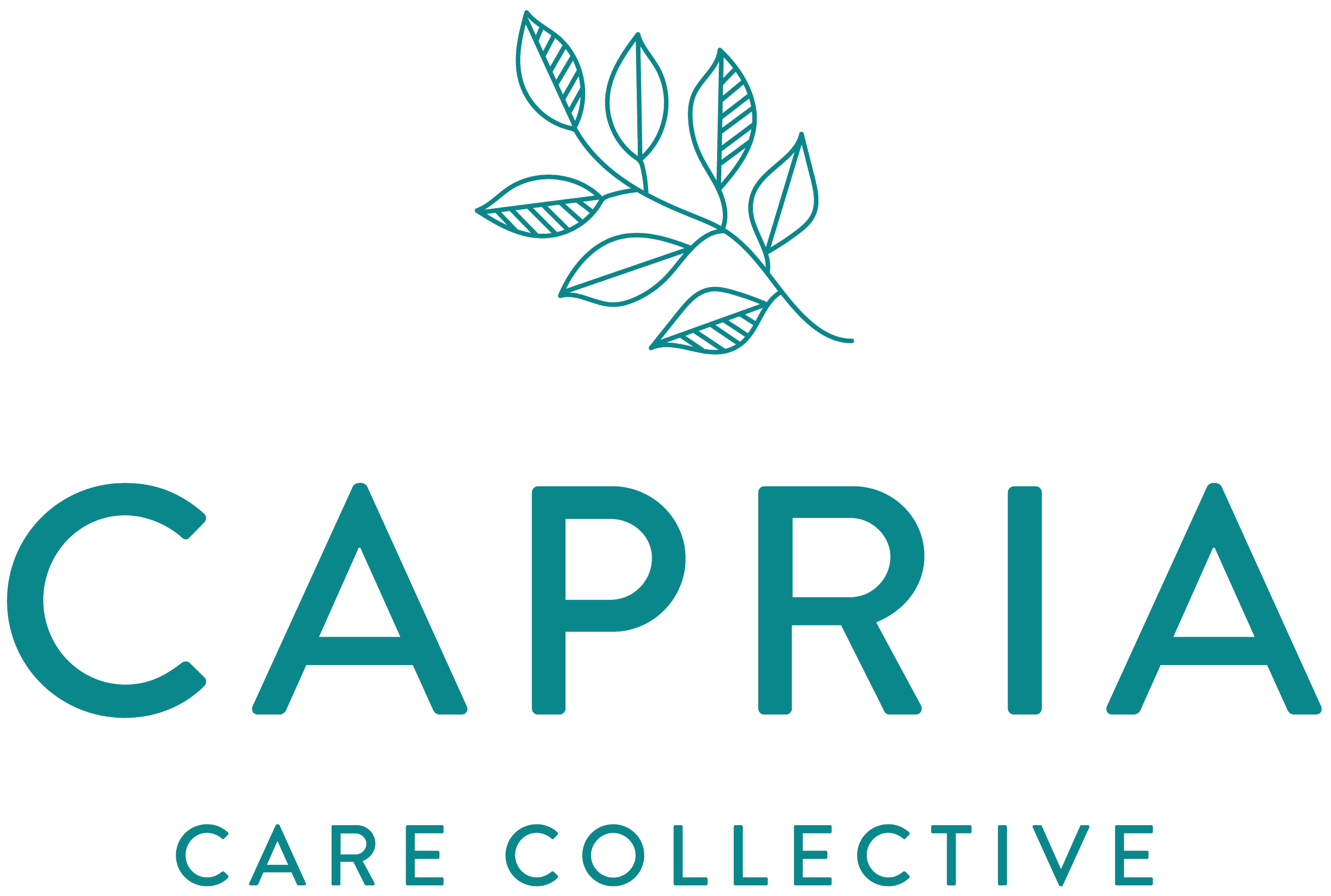How This RMT Got ICBC Treatment Extended After 3 Months of Denials: A Case Study in Approval-Worthy Requests
As an RMT working with ICBC patients in BC, you know the frustration of seeing your patients suddenly cut off from essential care. This real case study shows exactly how proper documentation and strategic advocacy got a patient's massage therapy treatment extended after months of denials - and why every RMT needs these skills.
The Reality of ICBC Extension Denials for RMTs
If you're an RMT in British Columbia, you've likely experienced:
ICBC extension requests denied without clear medical justification
Patients cut off abruptly after successful treatment
Hostile adjusters questioning your professional recommendations
Feeling helpless when your patients lose access to care
This case study proves that with the right approach, even the most difficult ICBC disputes can be won.
Case Study: Massage Therapy Extension Success
The Situation
A patient receiving coordinated ICBC care (massage therapy, physiotherapy, and kinesiology) for over a year was suddenly denied all treatment extensions. No tapering, no transition plan - just immediate termination of benefits.
Patient's condition after cutoff:
Unable to sleep without medication
Could only work 45 minutes before requiring rest
Constant pain affecting daily function
Complete dependence on working from home
The Problems We Faced
Hostile first adjuster who verbally abused the patient
Second adjuster who denied care without reviewing medical evidence
Adjuster misconduct including a confidentiality breach
Unhelpful supervisor who provided no resolution
The Solution: Strategic Documentation and Escalation
Using proven strategies from "Approval-Worthy Treatment Extension Requests," I:
✅ Documented medical necessity using specific language ICBC responds to
✅ Coordinated evidence from all practitioners for maximum impact
✅ Escalated strategically through proper ICBC channels
✅ Used template language that adjusters can't easily deny
The Result: Full Treatment Restoration
After three months of strategic advocacy:
Massage therapy extension approved
Patient's care fully restored
New professional adjuster assigned
Treatment plan accepted without further dispute
Why Most RMT Extension Requests Fail
Common Mistakes RMTs Make:
Vague medical justification that adjusters can easily dismiss
Isolated reports not coordinated with other practitioners
Late submission of extension requests instead of submitting 2+ weeks before treatment plan end date
No pushback when initial requests are denied - practitioners accept denials without advocating for patients
Inadequate documentation - not outlining what the patient could do prior to accident, current functional limitations, and how they've improved from initial limitations
What ICBC Actually Wants to See:
Specific functional goals achieved through massage therapy
Real-world activities the patient can now perform (walking stairs, carrying groceries, sitting at work)
Clear treatment plans with measurable functional outcomes
Language that demonstrates medical necessity in terms adjusters (laypeople) can understand
Coordinated care plans that show RMT's role in overall recovery
The "Approval-Worthy Treatment Extension Requests" Solution
This successful case used the exact principles taught in the course - focusing on functional limitations rather than pain scores, and using language that adjusters understand and approve.
What the Course Actually Teaches:
Module 1: Introduction - Learn why speaking 'adjuster language' is critical for approval success
Module 2: Speaking the Language - Patient education, professional boundaries, and executing treatments 1-12 to set up future approvals
Module 3: Initial Assessments - Take detailed MVA history, identify affected regions, chart functional limitations, and set approval-worthy goals
Module 4: Secondary Assessments - Complete secondary assessments using flowchart-style guides
Module 5: Treatment Plan Extensions - Submit extension requests designed to be approved using your assessment information and functional goals
Module 6: Joy Journal Implementation - Track functional improvements across multiple life domains using systematic journaling
Module 7: Denied Care Advocacy - Navigate appeals process when extensions are denied, with proven reframing strategies
Module 8: Case Studies - Real-world MVA cases from mild to severe injuries with 1-5 year treatment plans
Module 9: Charting Shortcuts - Templates, shortcut phrases, and efficient workflows that maintain clinical integrity
What You Get:
14 hours of video course content
45 ready-made PDF and Jane charting templates
4 client case studies with sample charts and extension requests
Sample emails to dispute claim denials
Counts towards RMT Practice Development Program obligations
Certificate of completion
1 year unlimited access
The Problem This Course Solves
As RMTs, we're taught to chart ROM, pain scores, and test results. But adjusters don't speak that language. They care about functional limitations that can be resolved with additional treatments.
This course teaches you to chart what adjusters actually want to see - not what we think they want.
Course Investment vs. Cost of Denied Extensions
Course Investment: $497
Cost of ONE denied extension: Lost patient, time wasted, professional frustration, damaged reputation
Return on Investment: Course pays for itself with just ONE successfully extended patient.
Ready to Stop Losing Patients to ICBC Denials?
This case study proves that even the most difficult ICBC disputes can be won with the right approach. Your patients deserve an RMT who knows how to chart and request extensions in a way that gets approved.
You don't need to change how you treat - just how you chart.
[Enroll in "Approval-Worthy Treatment Extension Requests" Today]
Learn to chart functional limitations instead of pain scores - because that's what adjusters actually approve.
